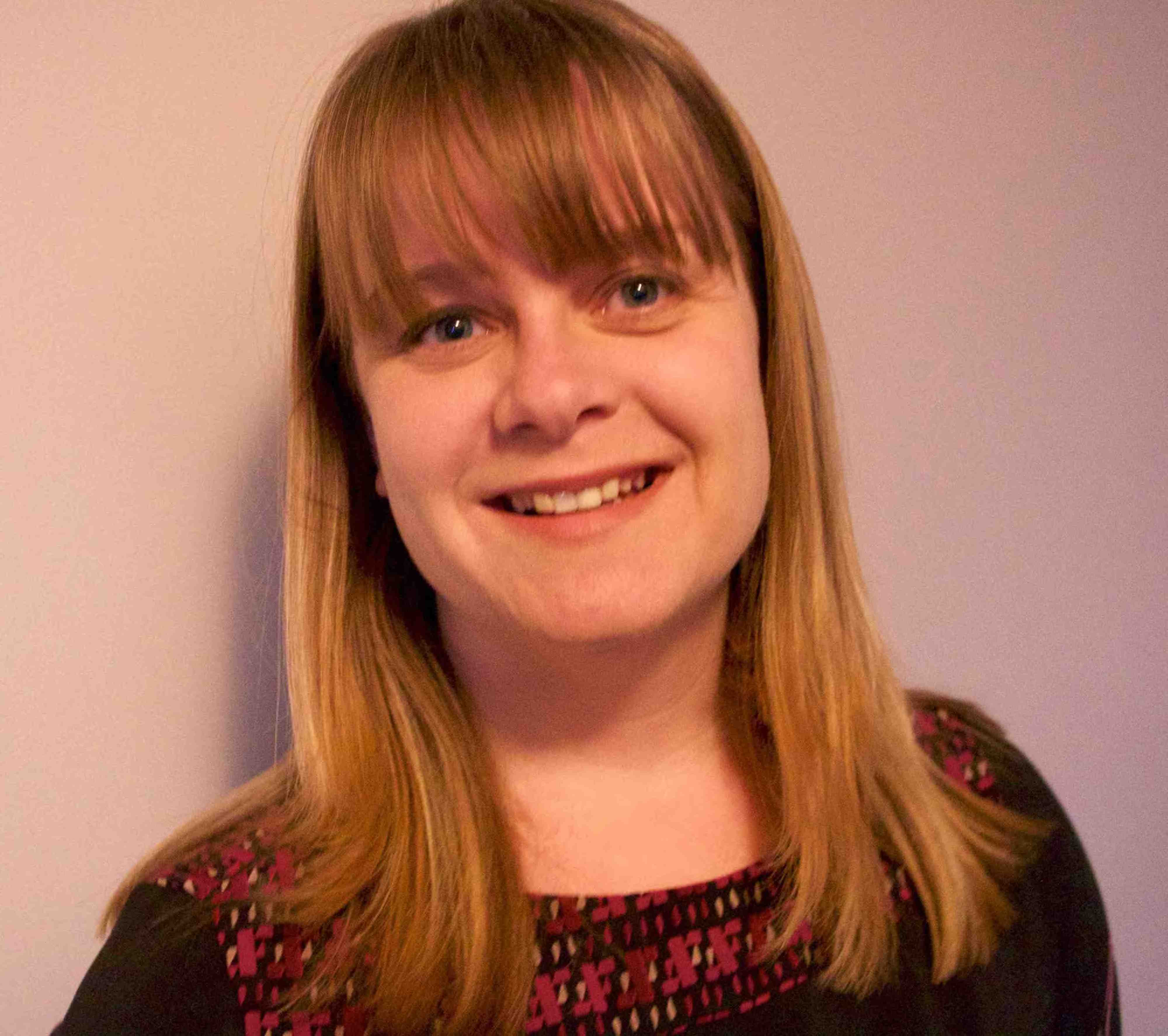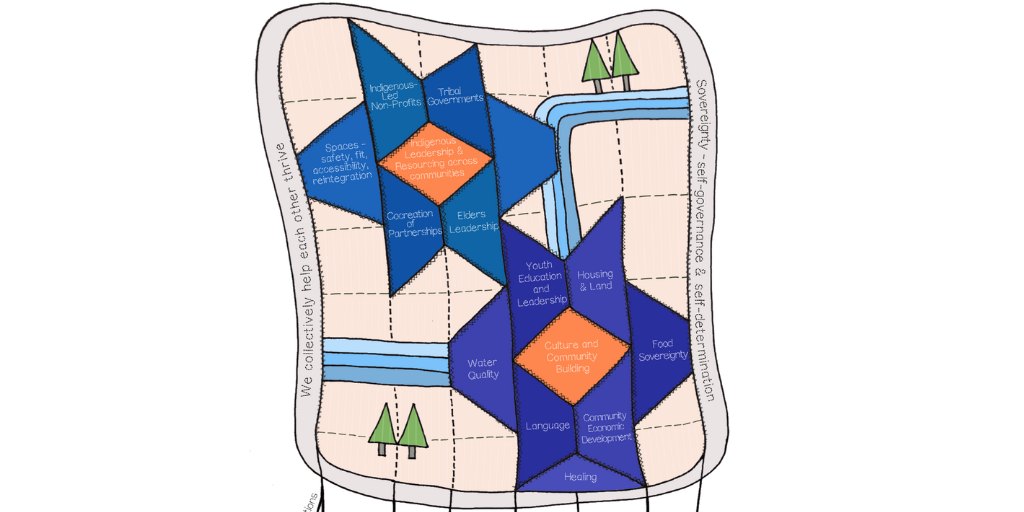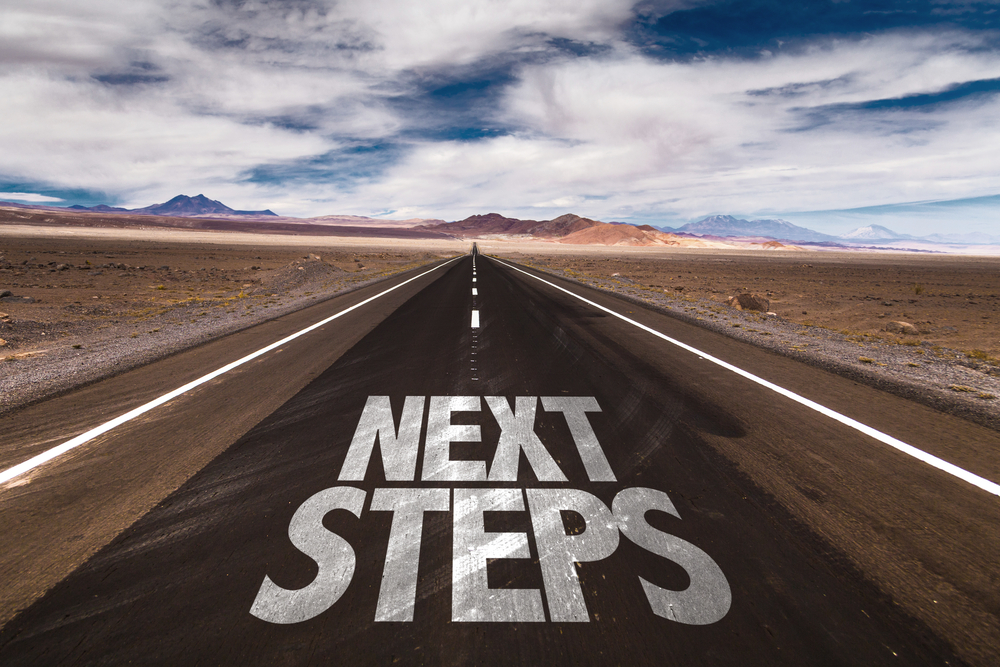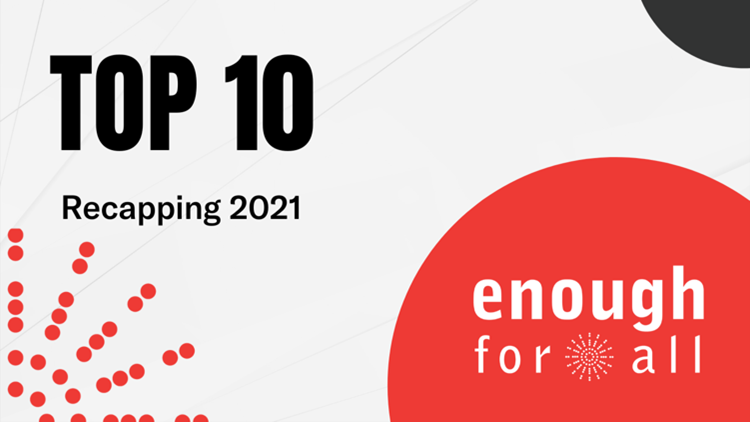Two weeks ago, Tamarack hosted a webinar where Elayne Greeley interviewed Mark Holmgren about Upside Down Thinking. As Mark said, he doesn’t claim to have created this term but I’m certainly glad they brought it forward for us to think about. Actually he has been talking about his for a while to get us thinking about a lot.
 Mark mentioned, “thinking about our thinking” which is a term I hear quite often from Leadership Calgary. I never felt uncomfortable with digging deeper to explore the world around me but to explore inside my own head, why I think what I do, what influences that, what barriers or misconceptions do I have, while continuously reducing my own ignorance, can sometimes make a person spin and suffer from a form a mind or action paralysis. Thinking about our thinking before acting on community challenges or evaluating impact is not something many often do. Sadly, even when our communities or future generations depend on us.
Mark mentioned, “thinking about our thinking” which is a term I hear quite often from Leadership Calgary. I never felt uncomfortable with digging deeper to explore the world around me but to explore inside my own head, why I think what I do, what influences that, what barriers or misconceptions do I have, while continuously reducing my own ignorance, can sometimes make a person spin and suffer from a form a mind or action paralysis. Thinking about our thinking before acting on community challenges or evaluating impact is not something many often do. Sadly, even when our communities or future generations depend on us.
Not too long into my Leadership Calgary year, I began to question a lot about my own thinking. One of my biggest challenges was thinking about how I viewed success. There is a lot of great work out now that challenges our thinking when it comes to success and failure, defining and evaluating it. Quite often our thinking is framed by how we define success. In community work we are often pushed to find the right answers without even knowing if we are asking the right questions. We base some of our work on assumptions that we have little or no research to back and we follow many patterns based on no real knowledge of why we do what we do. In organizations there is a revolving door problem of redefined goals and redefined work plans with no real progress to fulfill our missions or strengthen our communities. What if we could get comfortable with being uncomfortable with asking tougher questions, spend time trying to find the right questions, involve more of the “right” people to bring in ideas to challenge us or challenge our assumptions. Even those organizations that are making progress would move further.
We enter the world full of questions, “but why” becomes our favorite sentence early in life, but over time many of us lose that. Inspired by Mark and Elayne, I would like to encourage each of us to flip upside down and embrace our inner child as we tackle the challenges or evaluate impact in our organizations, collectives and communities.
Our challenges are complex; they take new levels of thinking. We made these messes and we need to fix them. I’m not an expert on humans but I believe enough in us to know we have the ability to change the world and make every community shine.
I would love to hear what you do to cultivate a space for upside down thinking. Please share your comments here or email me.





